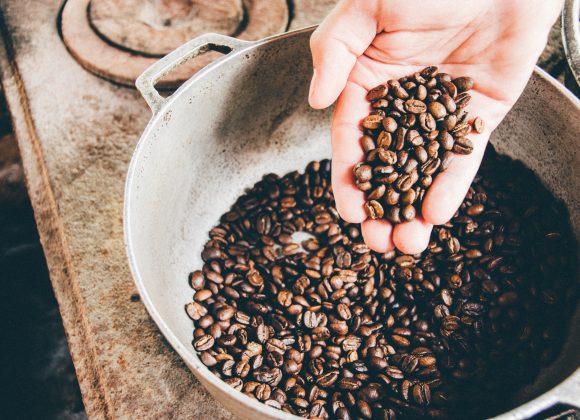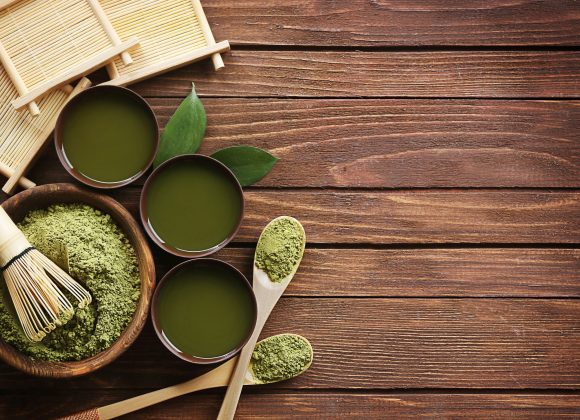Caffeine overdose – caffeine is a substance / stimulant that you can often find in various drinks and foods. The main reason people consume caffeine is that it keeps you awake, enhances focus, improves attention span, and increases reaction time.
According to studies, an average person’s maximum caffeine threshold is around 400 milligrams per day. This, however, should not be considered the same for everyone since a variety of factors affect your ability to consume caffeine. These factors include things like weight, health, and age.

For example; doctors recommend that pregnant women do not consume more than 200 milligrams of caffeine a day, while young adults and children should limit daily caffeine intake to below 100 milligrams.
Regardless of your body’s maximum caffeine capacity, exceeding it will cause what is known as caffeine overdose. Caffeine overdose is a serious issue that may give rise to severe long – term side effects including seizures, hormonal imbalance, and irregular heartbeats.
Sources Of Caffeine
When it comes to caffeine our first thought usually goes to coffee. Even though it by far contains the highest amount of caffeine out of any food or drink, coffee is certainly not the only source of caffeine out there. Here are the average caffeine contents of various sources:
- Coffee: a standard cup of coffee (around 240 ml) contains on average 95 milligrams of caffeine. On the other hand, a cup of decaf coffee only contains 4 milligrams while the same amount of instant coffee contains approximately 60 milligrams of caffeine.
- Espresso: a shot of espresso (30 ml) contains around 65 milligrams of caffeine.
- Soda: a regular can of Pepsi, Coca Cola, or other soda brands (350 ml) contains about 40 milligrams of caffeine.
- Guarana: Guarana beans, which are native to South America, are often used for energy drinks and supplements due to their very high caffeine content. A serving of Guarana bean extract has around 125 milligrams of caffeine in it.
- Chocolate: 30 grams of pure, dark chocolate cacao has around 24 milligrams of caffeine. Milk chocolate has a much lower caffeine content, only around 6 milligrams.
- Tea: the caffeine content of tea depends on the type of tea. A cup (240 ml) of black tea has around 47 milligrams of caffeine, a cup of green tea has 28 milligrams, decaf tea contains about 4 milligrams, while herbal tea has no caffeine content at all.
- Supplements: caffeine supplements are available for those who need a quick caffeine boost, but you must be careful when consuming these since they have very high caffeine content. The average caffeine supplement has around 200 milligrams of caffeine per tablet which is equivalent to more than 2 cups of brewed coffee.
- Energy Drinks: caffeine is often added to energy drinks to bring about increased focus and reaction time. A standard energy drink serving (475 ml) contains over 170 milligrams of caffeine.
Symptoms Of Caffeine Overdose
Symptoms of overdosing on caffeine range from mild inconveniences to very painful ones. How severe a patient’s symptoms are is usually determined by the amount of excess caffeine he or she ingested. Here are some of the ‘milder’ symptoms of caffeine overdose:
- Diarrhoea
- Fever
- Irritability
- Headache
- Insomnia
- Dizziness
- Feeling of thirst
Other than these, you may experience other more extreme symptoms that warrant medical attention including:
- Hallucinations
- Chest pain
- Convulsions
- Fast and / or irregular heartbeat
- Breathing problems
- Uncontrollable muscle movements
Treatments For Caffeine Overdose
Caffeine overdose is a serious issue and we highly recommend you visit a nearby hospital for immediate treatment, especially if strong symptoms materialise. To treat caffeine overdoses, the main goal would be to remove the excess caffeine from the body as soon as possible.
This can be done through various methods:
- Activated Charcoal: this is a very common treatment for caffeine overdoses as it blocks the caffeine from entering your gastrointestinal tract.
- Laxative: if the caffeine is already inside your gastrointestinal tract, doctors may give you laxatives to forcefully excrete the excess caffeine.
- Gastric Lavage: using a tube that will be inserted into your stomach, doctors would swiftly flush out all stomach contents including the caffeine.
Out of all of these treatments, doctors will typically choose the fastest method for each situation. Some patients with extremely strong symptoms may also be given breathing support and have their heart monitored by an electrocardiogram machine.
How Can You Prevent Caffeine Overdose?
Preventing caffeine overdose is pretty straightforward. All you have to do is to avoid consuming an excessive amount of caffeine. For the average person, this maximum threshold is around 400 milligrams of caffeine per day, but if you are especially sensitive to caffeine then your limit might be lower.




